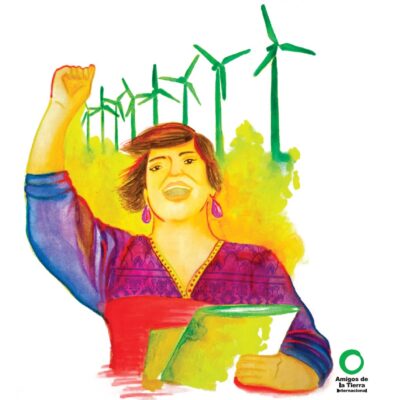
‘Limited justice’: the Chiquita Brands case in Colombia
A judge in Florida, United States, found banana transnational Chiquita Brands International liable for the murder of eight people, committed between 1997 and 2004 by paramilitaries of the right-wing United Self-Defence Forces of Colombia (AUC) in the regions of Urabá Antioquia and Magdalena Medio. The US court, where Chiquita Brands is based, ordered the company to pay 38.3 million dollars…











